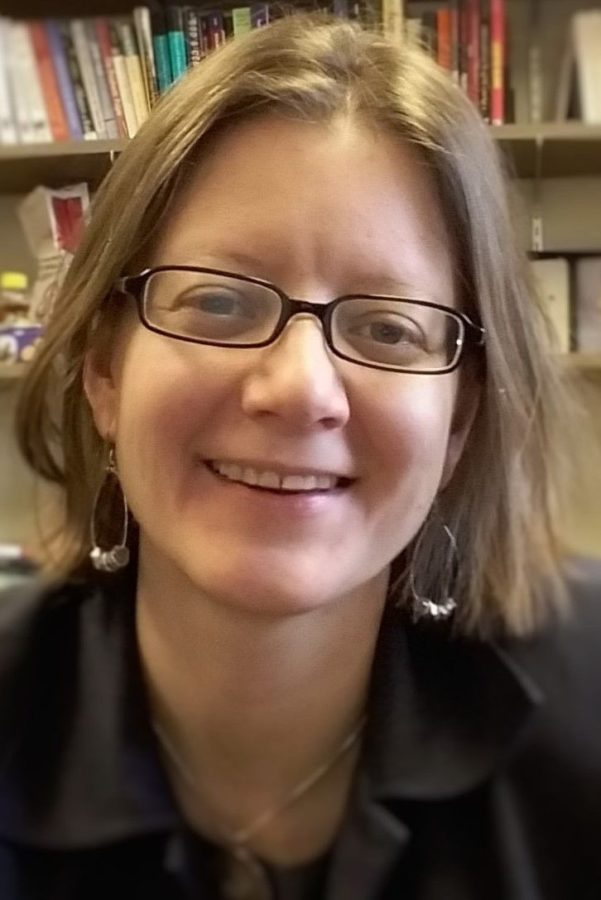Political science assistant professor receives Notre Dame Visiting Fellowship
Amy Smith
March 11, 2016
Amy Smith, assistant professor of political science was awarded a visiting fellowship at the University of Notre Dame.
Part of the Kellogg Institute for International Studies, Smith will use her year of residency at Notre Dame to continue developing her book manuscript, which is titled “The Culture Wars in Another America: Evangelicals, Catholics, and Brazilian Democracy.”
The book examines the differences between politics in the United States and in Brazil, where religion affects politics in a different way.
Evangelical groups in Brazil are growing and exerting more power in politics than before, Smith said.
“Over time, evangelicals have become more politically active in fighting for policy positions but are generally more active in promoting evangelical politicians,” Smith said, adding that evangelical politicians in turn support evangelical rights and freedom in the media.
While Catholicism has been the biggest religion in Brazil for a long time, the growing number of evangelicals is causing a shift in Brazil’s political climate.
Smith said that while evangelicals are socially conservative on issues such as sexuality and family values, they aren’t economically conservative, instead often supporting state welfare programs.
Despite the changes Brazilian politics have faced because of the rise of evangelicals, Smith said for the most part, they have the same ideals.
“The most religious Catholics are like the most religious evangelicals,” Smith said.
Smith said she is looking forward to her Visiting Fellowship.
“Notre Dame is a hub for people who study Latin American politics and religion in politics,” Smith said. “There’s a kind of synergy that happens when people interested in the same things are in the same place and get to talk about them.”
Other individuals, beyond the academia, are also interested in the conflict of religion and politics.
“I think it’s interesting to see the kinds of effects religion can have on politics, and that is definitely still a huge thing in the United States,” said Katie Madine, senior with a non-degree in liberal arts and sciences.







